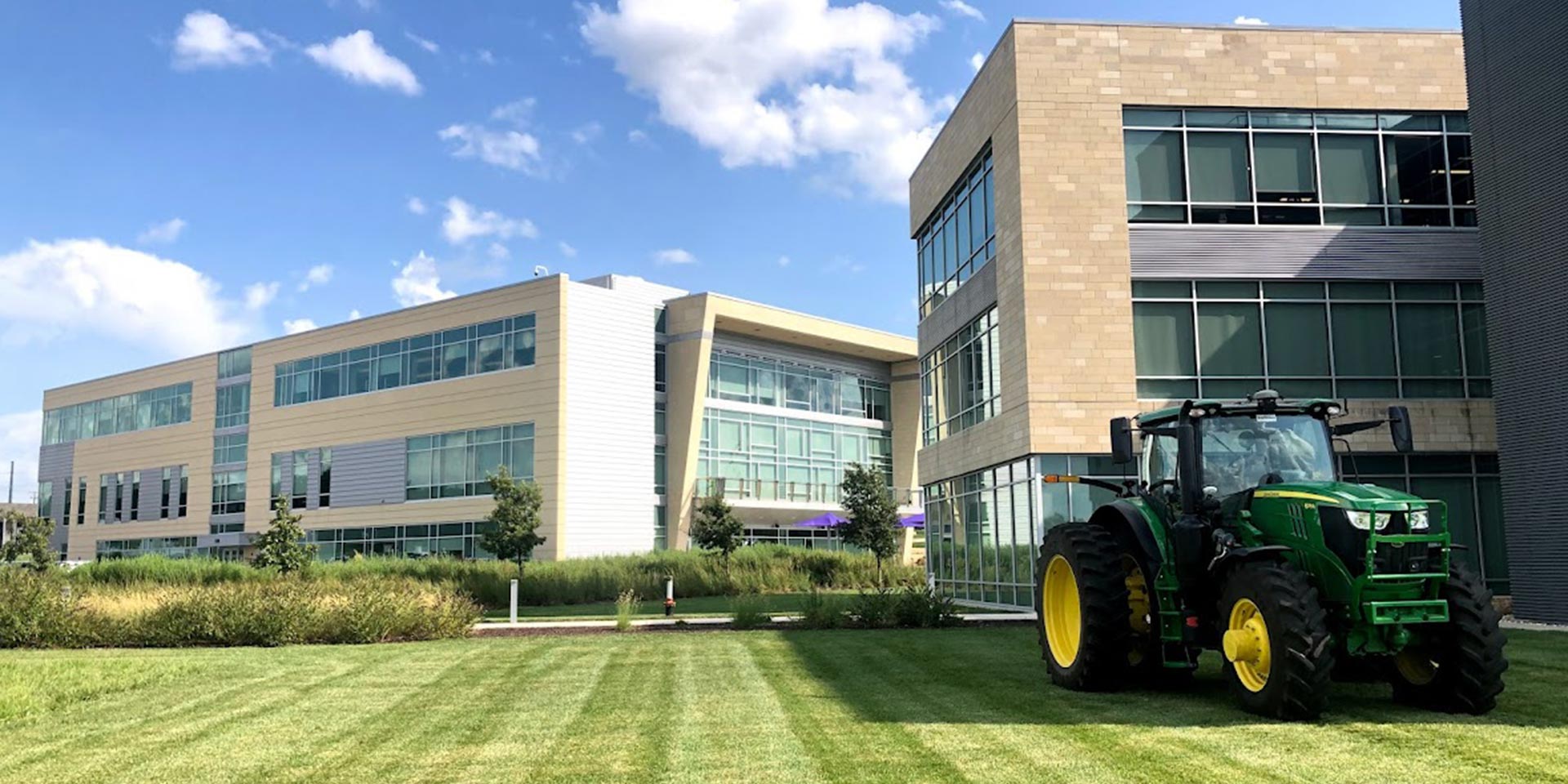Several years in, the partnership between Topcon Agriculture and Kansas State University has proven both highly successful and mutually beneficial
It’s no secret that strategic partnerships between universities and companies, a practice that has been going on for many decades, can yield impressive results. Collaboration between Massachusetts Institute of Technology (MIT) and Standard Oil of New Jersey, which began before 1940, largely resulted in the development of the discipline of chemical engineering in the U.S. — no small feat. Such partnerships are so successful, in fact, that they frequently prove to embody Aristotle’s famous assertion that: “The whole is greater than the sum of its parts.” Complimenting the commercial acumen that business brings to table with the R&D strengths wielded by the university can be a formidable one-two punch. Three years into such a partnership, Kansas State University and Topcon Agriculture, along with its K-State-based Research Campus, are an excellent example of just such a synergy, the results it can bring and the many beneficiaries of the efforts undertaken thus far.
Hatching an Idea
Announced in 2018, but in the works for several years before that, the Topcon and Kansas State University partnership’s goals were fairly straightforward: to boost the company’s research capacity through engagement with university students and faculty, and to solidify already-existing connections Topcon had with producers. The latter was to be accomplished through K-State’s Research & Extension which, through its innovations, has helped fuel the state's nearly $4 billion in annual agricultural exports. One of the driving forces in bringing the two partners together, Ray Asebedo, PhD., currently the global agronomy lead for Topcon Agriculture, had a unique position for doing so.
“I’d been at K-State for over a decade, including my time as a professor of precision agriculture in the university’s agronomy department from 2015 through 2018,” he said. “From the time when I was a grad student, I had been working with Topcon products in areas dealing with optical sensor technology research, soil fertility, nutrient management, etc. So, I knew the company, knew their capabilities and saw that they were committed to taking precision ag to new levels. That intrigued me, even back then.”
In 2015, while attending InfoAg, Asebedo met Brian Sorbe, then-director of North American sales for Topcon. Chatting at the booth, Asebedo mentioned that K-State could really benefit from having an industry partner but did not have one. He cited the university’s wealth of agronomic and engineering knowhow which was being offset by both a lack of infrastructure and technology in the field and a means to commercialize their own research.
“I explained that we had a knowledge gap in that area,” said Asebedo. “Although we were promoting precision agriculture, we didn’t have enough people to help us. Topcon, on the other hand, had all the RTK machine control, optical sensors and so on, as well as the ability to build them efficiently and deploy them in production, which we, obviously, didn’t. I also liked that Topcon was so open to listening to different possibilities. So, from that perspective — our knowledge and their ability to put it into practice — it looked like a very good opportunity for both.”


















